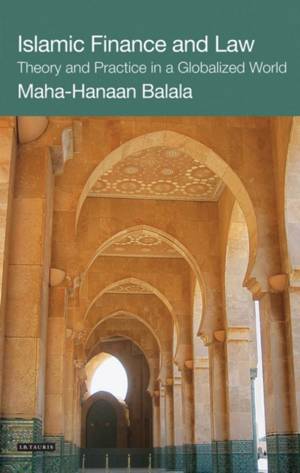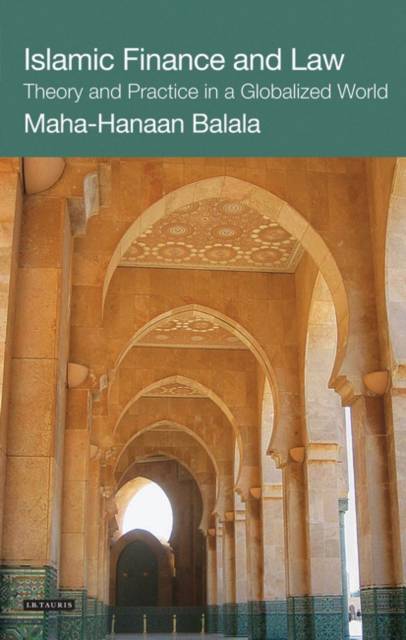
- Retrait gratuit dans votre magasin Club
- 7.000.000 titres dans notre catalogue
- Payer en toute sécurité
- Toujours un magasin près de chez vous
- Retrait gratuit dans votre magasin Club
- 7.000.0000 titres dans notre catalogue
- Payer en toute sécurité
- Toujours un magasin près de chez vous
Description
Islamic commercial and financial practice has not experienced the trial-and-error style of development that has characterised the development of the common law in the English-speaking world. Many of the principles, rules and practices prevalent in the Islamic law of contract, commerce, finance and property remain the same as those outlined by the Quran and the Prophet Muhammad, and expounded by scholars of jurisprudence as far back as the 13th century, despite the advancement in time and sophistication of commercial interaction. Hanaan Balala here demonstrates how, in order to bridge the gap between the principles outlined by the Quran and the Prophet in the 7th century and commercial practice in the 21st century, Islamic finance jurisdictions need to open themselves to learning from the experience (including the mistakes) of the English common law. 'Islamic Finance and Law: Theory and Practice in a Globalized World' provides an analysis of the fundamental principles underlying the Islamic law of contract and commercial practice in comparison with their equivalents in common law in the English-speaking world.
It seeks to draw parallels (and differences where appropriate) to facilitate the growth and development of Islamic commercial and financial law globally.
Spécifications
Parties prenantes
- Auteur(s) :
- Editeur:
Contenu
- Nombre de pages :
- 232
- Langue:
- Anglais
- Collection :
Caractéristiques
- EAN:
- 9781780767673
- Date de parution :
- 10-12-14
- Format:
- Livre broché
- Format numérique:
- Trade paperback (VS)
- Dimensions :
- 137 mm x 213 mm
- Poids :
- 249 g

Les avis
Nous publions uniquement les avis qui respectent les conditions requises. Consultez nos conditions pour les avis.






